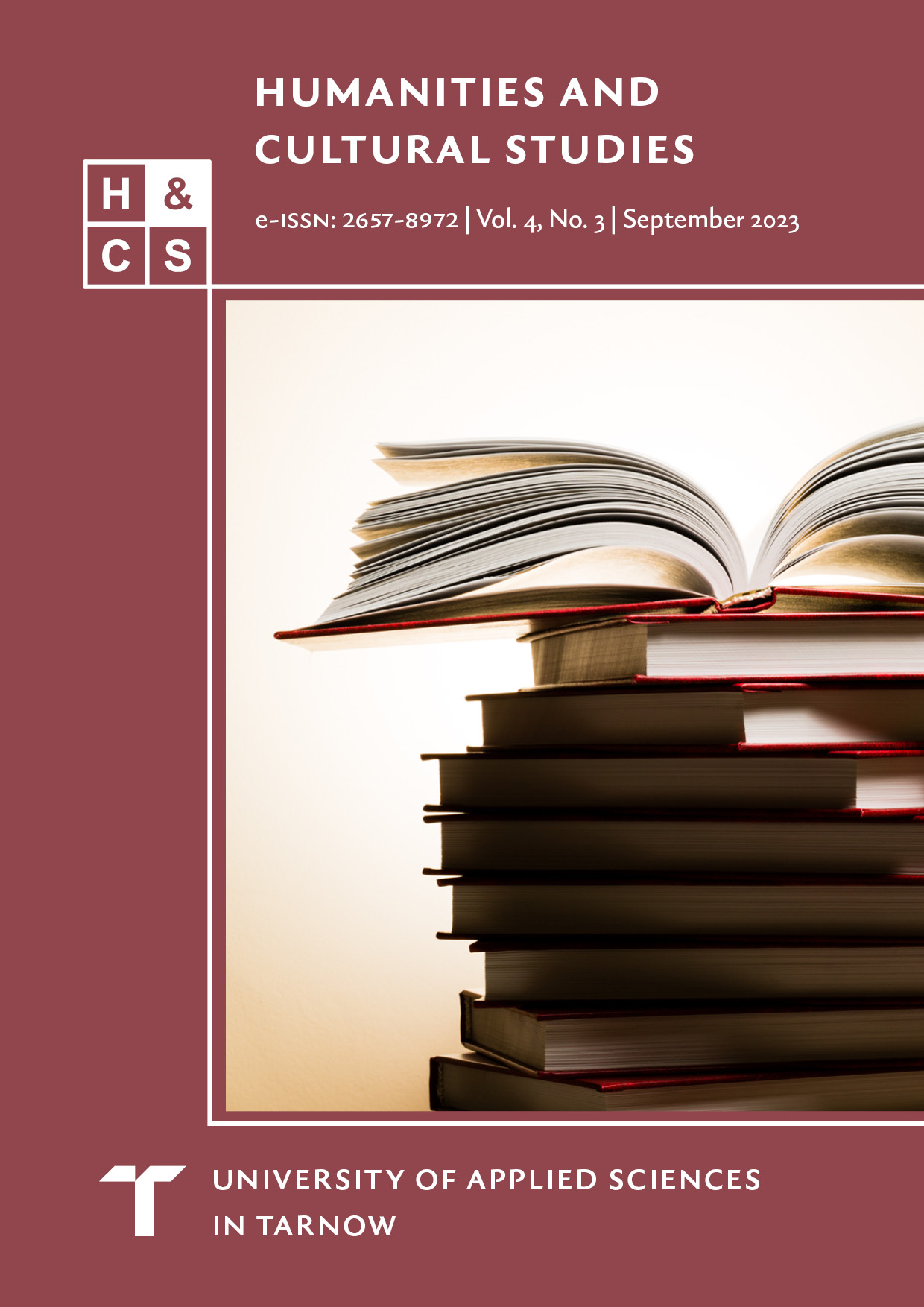Mural art in Spanish Galicia
Cultural identity as resistance in terms of Serge Moscovici’s social research theory
DOI:
https://doi.org/10.55225/hcs.536Keywords:
cultural identity, social representations, mural, GaliciaAbstract
This paper analyzes the situation of Spanish Galicia, which has historically been subject to Castilian culture, and where many murals with local themes are currently being created. The main thesis of the presentation is the assumption that the use of mural art in public spaces can be considered a form of expression of cultural difference and even a new dimension of cultural resistance in the region. In order to show this process, a definition of resistance is offered which serves as a starting point for the discussion of the most important, which then allows me to discuss the most important events in the history of Galicia in the context of the use of broadly understood art. My research was done during a private trip to Galicia in February 2023, during which I made photographic documentation of the murals. In this paper, I analyze their content using Serge Moskovici’s theory of social representations to show how they relate to Galician identity.
Downloads
References
Boguszewicz M., Gajewska M.A., El matriarcado gallego, el matriarcado vasco: revisión del mito en Matria de Álvaro Gago y Amama de Asier Altuna, „Madrygal” 2020, nr 23, s. 35–50. DOI: https://doi.org/10.5209/madr.73603 Google Scholar
Czepczyński M., Przestrzeń publiczna jako forma reprezentacji społeczności lokalnych Między hibernacją a animacją centrów małych miast woj. Pomorskiego, „Studia Komitetu Przestrzennego Zagospodarowania Kraju PAN” 2012, nr 144, s. 7–19. Google Scholar
De Diego J., Rúa A., Fernández M., Designing a Model to Display the Relation between Social Vulnerability and Anthropogenic Risk of Wildfires in Galicia, Spain, „Urban Science” 2019, t. 3, nr 32, doi: 10.3390/urbansci3010032. DOI: https://doi.org/10.3390/urbansci3010032 Google Scholar
De Juana J., Prada J., Historia contemporánea de Galicia, Barcelona 2005, s. 17–32. Google Scholar
Filipowicz-Rudek M., Ta druga Galicja, „Studia Iberystyczne. Almanach Galicyjski” 2003, nr 1, s. 9–25. Google Scholar
Scott J., Za kulisami oficjalnej wersji, przeł. M. Petryk, [w:] Opór i dominacja, red. A. Pasieka, K. Zielińska, Kraków 2015. Google Scholar
Koster R., Randall J., Indicators of community economic development through mural--based tourism, „Canadian Geographer” 2005, nr 49, s. 42–60. DOI: https://doi.org/10.1111/j.0008-3658.2005.00079.x Google Scholar
Kubica G., Śląskość i protestantyzm. Antropologiczne studia o Śląsku Cieszyńskim, proza i fotografia, Kraków 2011. Google Scholar
Miłkowski T., Machcewicz P., Historia Hiszpanii, Wrocław 1998. Google Scholar
Moscovici S., Social Representations, New York 2001. Google Scholar
Niżyńska A., Street art jako alternatywna forma debaty publicznej w przestrzeni miejskiej, Warszawa 2011. Google Scholar
Wagoner B., Collective remembering as a process of social representation, [w:] The Cambridge Handbook of Social Representations, red. G. Sammut, E. Andreouli, G. Gaskell, J. Valsiner, Cambridge 2015, s. 134–162. DOI: https://doi.org/10.1017/CBO9781107323650.013 Google Scholar
Wróbel A., Murale w grenadyjskiej dzielnicy La Chana. Między tożsamością miejsca a polityką lokalną [praca magisterska], Kraków 2022. Google Scholar
Downloads
Published
How to Cite
Issue
Section
License
Copyright (c) 2024 Antonina Wróbel

This work is licensed under a Creative Commons Attribution-NonCommercial 4.0 International License.





